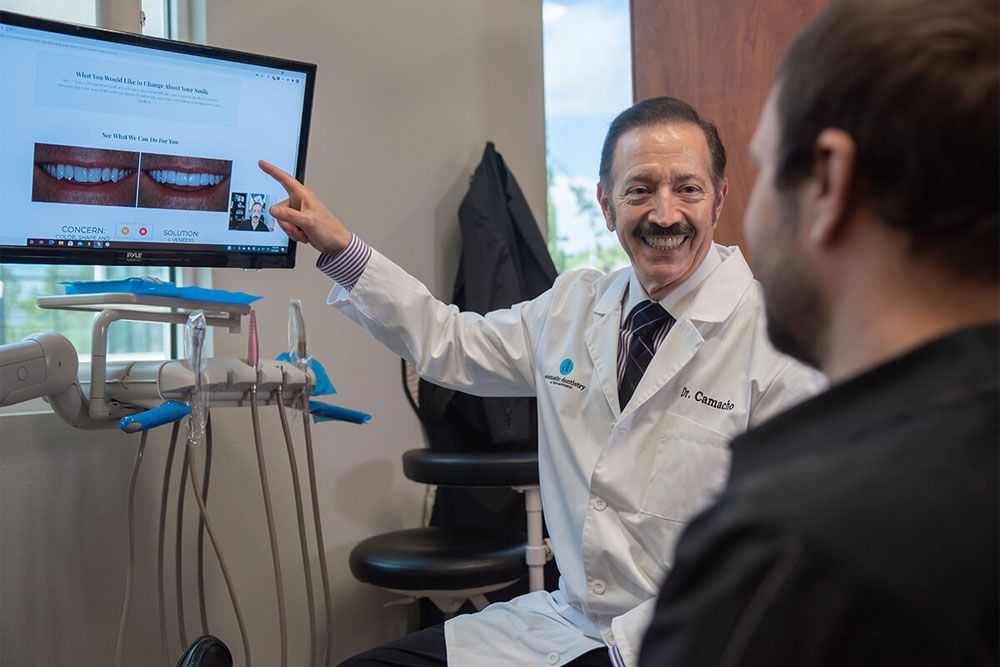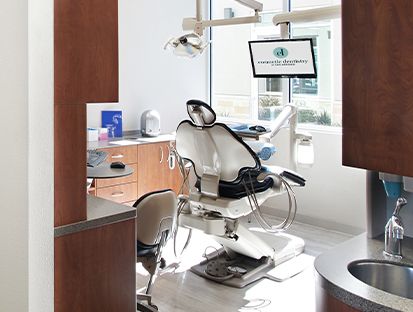Oral cancer is the presence of cancer cells in the mouth or throat area. It is as severe as any other type of cancer, so oral cancer screenings with a dentist are strongly encouraged. Dr. Edward Camacho of San Antonio, Texas, is a dentist in the community who provides oral cancer screenings at his office on a routine basis.
Why is Early Detection of Oral Cancer Important?
When caught early, oral cancer has a high survival rate. In fact, according to the American Cancer Society, the five-year survival rate for oral cancer is up to 93% if found on the lips and 83% if found on the tongue. The earlier the cancer is spotted, the higher the chance of survival. It is vital to be aware of the noticeable signs and symptoms of oral cancer and see a dentist or doctor if you see anything out of the ordinary. Catching mouth cancer in the later stages will drastically reduce one’s ability to fight it effectively with treatment.
What are the Risk Factors That Can Contribute to the Development of Oral Cancer?
- Tobacco use: Cigarettes, cigars, and chewing tobacco all increase the risk of developing oral cancer.
- Alcohol use: Heavy alcohol use increases the risk of developing not only oral cancer but also cancer of other organs of the body.
- HPV infection: The Human Papillomavirus (HPV) is a sexually transmitted virus linked to an increased risk of oral cancer.
- Age and gender: The risk of developing oral cancer increases as one ages. Men are more likely than women to develop oral cancer.
- Fair skin: People with fair skin are more susceptible to the harmful effects of the sun, which can increase one’s risk of developing cancer.
If you have any of these risk factors, you will need to be extra vigilant about monitoring your mouth for any changes and see a dentist or your primary doctor if you notice anything out of the ordinary.
What are the Signs of Dental Cancer?
- A lesion or sore in the mouth which does not heal within two weeks
- A lump on the jaw
- Swollen lymph nodes in the neck







